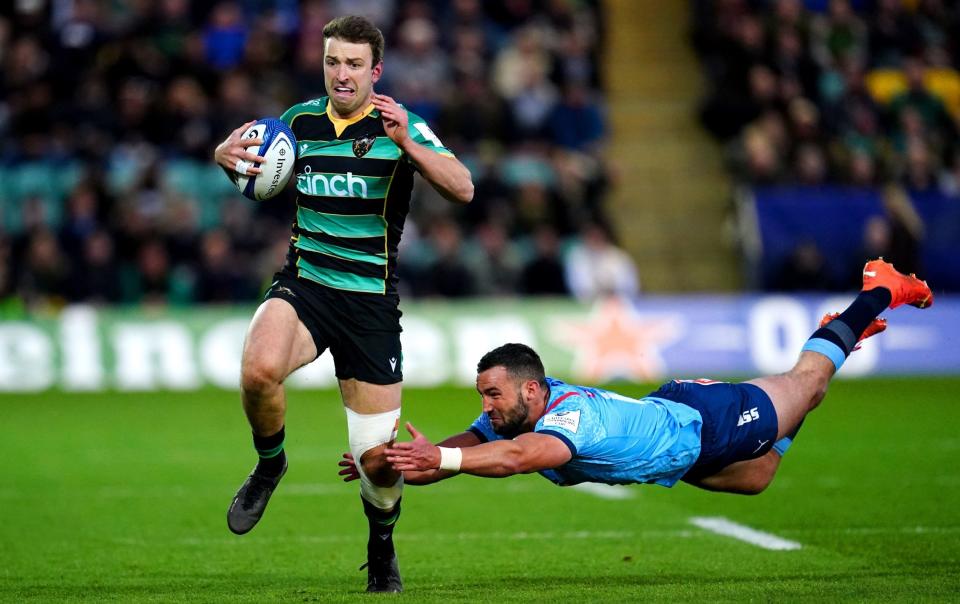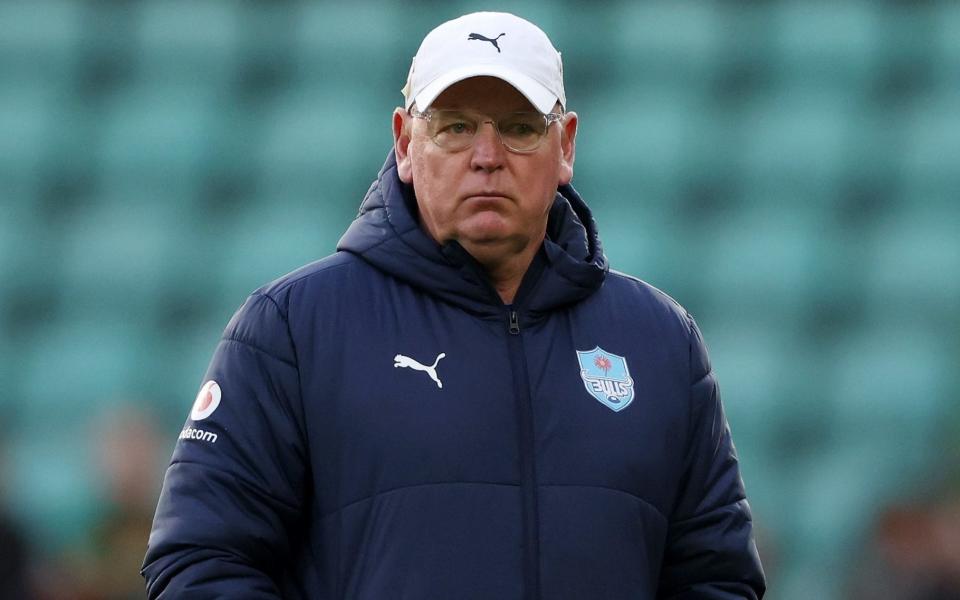Bulls fiasco prompts re-think of Champions Cup format

European Professional Club Rugby is desperate to separate its Champions Cup knockout phases to avoid a repeat of the Bulls’ selection controversy that damaged the credibility of its showpiece competition.
The organisers of the European club competitions are investigating the circumstances that led to the Bulls sending a second XV to play Northampton Saints in a Champions Cup quarter-final at Franklin’s Gardens on Saturday night. Northampton, the leaders of the Premiership, ended up romping to a nine-try 59-22 victory against the Bulls who had made 13 changes from their round of 16 win against Lyon.
It is understood that EPCR insiders are conscious of the need to “educate” South Africans about the Champions Cup’s place as the preeminent competition in club rugby, with Bulls director of rugby Jake White apparently prioritising this week’s home match against Munster in which they could secure a home semi-final in the United Rugby Championship. It is unlikely that EPCR will administer any punishment or even publicise the conclusions of their findings.
While there are plenty of examples of teams fielding weakened teams in Champions Cup group stage games, it is a terrible look for the tournament for the Bulls to send their reserves to one of its most prestigious matches, particularly at a time when EPCR are in negotiations with English broadcasters over a new television deal.

Yet there seems no question that South Africa’s place in the ‘European’ competitions is under threat. Indeed there is considerable sympathy for the logistical challenges that the South African franchises in particular face with the quarter-finals immediately following the round of 16 matches. That short turnaround meant Bulls players and coaches had to travel to Europe on eight separate flights, a situation that White described as “not ideal” with no little understatement.
While EPCR, via a partnership with Qatar Airways, provides assistance to European teams flying to South Africa via Doha, it is left to SA Rugby to organise travel arrangements for its franchises. La Rochelle’s travel to and from their last-16 victory over the Stormers in Cape Town undoubtedly contributed towards the blowout nature of their quarter-final defeat to Leinster in Dublin.
In the view of EPCR insiders, the root cause of the problem is scheduling the last 16 and quarter-finals on back-to-back weekends. “You have to get a structure that allows everyone to pick their best players every single time that this competition rolls into town,” a source said. “While there’s a learning with a new audience [in South Africa], we have to find a way to encourage leagues and stakeholders to look at the scheduling of the round of 16 and QFs which puts a lot of pressure on coaches to think of rotation.”
EPCR had pleaded with its participating leagues – Premiership Rugby, the Top 14 and the URC – to change the format last season and are looking at it again. However, the rugby calendar has grown so bloated, particularly with the future introduction of the Nations Championship in 2026 and the Club World Cup in 2028 that just freeing up a single weekend can prove to be a game of three-dimensional chess.

There is particular frustration that EPCR gave up one of its nine allocated weekends during the Covid pandemic and now must play a constant juggling act with the format of its group and knockout stages in eight weekends. “Every single format we try to put together is a compromise of some description,” a source added.
There remains optimism a solution will be found and the quality of rugby seen in Harlequins’ thrilling 42-41 victory over Bordeaux demonstrates why the Champions Cup is the pinnacle of club rugby. Whether the broadcasting market takes a similar view remains to be seen.
EPCR are particularly satisfied with how the Challenge Cup has increased its profile this season. Having brought Georgian side Black Lion into the competition last year, it is understood a Spanish franchise based out of Valladolid will be invited into next season’s edition.
